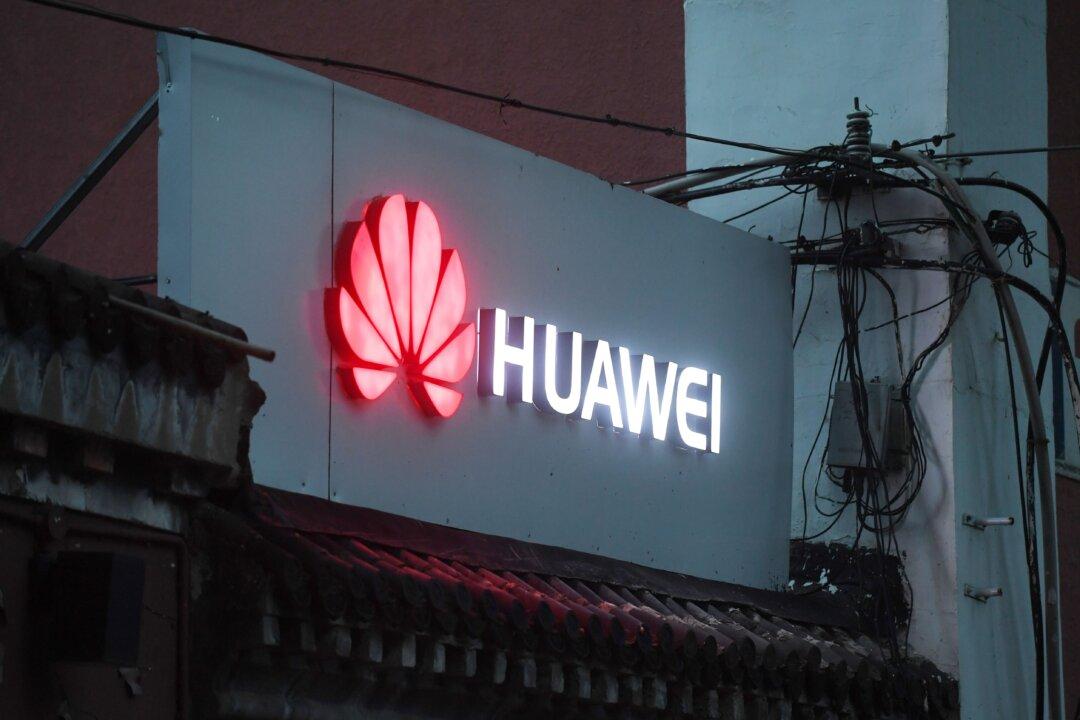WASHINGTON/NEW YORK—T-Mobile and Sprint hope their parent companies’ offers to stop using equipment from Chinese telecom giant Huawei will help secure U.S. approval for their $26 billion merger deal, sources said, underscoring the lengths to which Washington has gone to shut out the Chinese company.
As with all major U.S. wireless carriers, T-Mobile and Sprint don’t use Huawei equipment, but their majority owners, Germany’s Deutsche Telekom AG and Japan’s SoftBank Group Ltd, respectively, use some Huawei gear in overseas markets.





